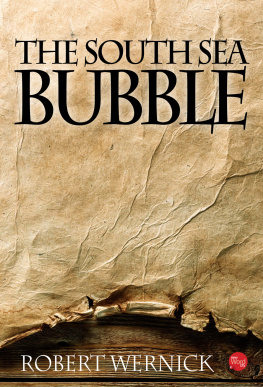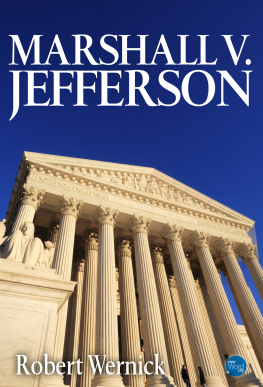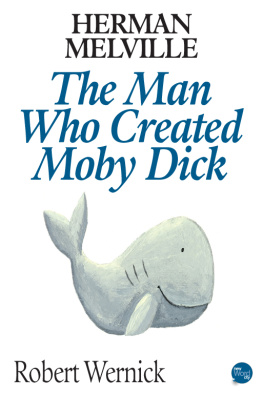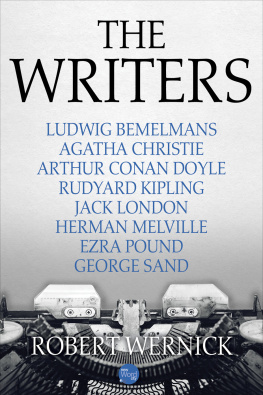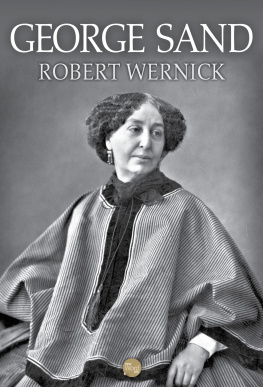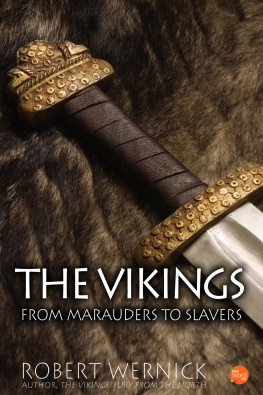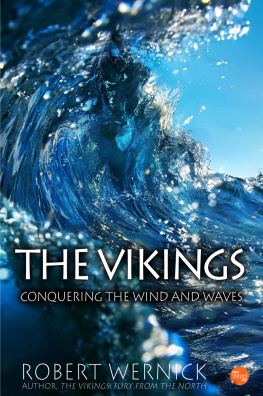For the author Jonathan Swift, the best of men was he who made two blades of grass grow where one had grown before. Swifts friend John Blunt had a different ideal: the man who could take one pound sterling out of his pocket and turn it into two or ten or 200 without any physical exertion whatsoever.
The way to do it, as he proved in spectacular practice, was a new-fangled device called the joint-stock company, which today we call a corporation.
As a matter of fact, there had been joint-stock companies in England since the middle of the sixteenth century. Queen Elizabeth I had thriftily invested in a stock company that financed the piratical attacks on Spanish commerce by Sir Francis Drake, netting her a profit of 150 percent.
Such companies, however, only involved a relatively small number of wealthy and powerful people. But at the turn of the seventeenth century, a newer and now more common form came into being - one in which large numbers of small investors subscribed (as they do today) in the hope of providing a steady income from cash dividends and capital gains.
English investors began to see money-making in a new light. A piece of paper a share or a bond - could be as profitable as holdings in land and far less cumbersome to administer. Furthermore, while land was taxed, profits from paper securities were not.
The moment was ripe. England, which had been winning wars against its commercial rivals all through the century, was bursting with money. Where to invest it? Londons merchants, who by then numbered several thousand, were shrewd, hard-headed men. But they also displayed some of the innocent enthusiasm of children discovering a new toy.
The men who wound up the toy were called stockjobbers, or, as we know them now, brokers. In those days, there were no Merrill Lynches or Morgan Stanleys with their legions of analysts and consultants in skyscrapers full of offices, just individuals with quick minds and even quicker tongues, who did their business in the narrow passageways forming what was called Exchange (or Change) Alley at the corner of Lombard Street and Cornhill. They met customers and toted up their accounts at tables in coffeehouses such as Jonathans or Garroways. Like innovators everywhere, they sometimes aroused suspicion and contempt. The great trader, writer, and spy Daniel Defoe spoke of them as people who can wheedle men to ruin themselves and fiddle them out of their money, by the strange unheard-of Engines of Interest, Discounts, Transfers, Tallies, Debentures, Shares, Projects.
The old aristocracy - the landed gentry that had ruled England for centuries - looked down their patrician noses at this new generation of upstarts, but money and power were passing into the hands of these men. And it was such men who in 1710 founded the South Sea Company, the greatest of all joint-stock enterprises - men like John Blunt, the son of a shoemaker; Edward Gibbon, a linen-draper whose grandson would become a popular historian; Robert Chester, a goldsmith; James Craggs, a barber and footman who would work his way up to be joint postmaster general, a job that allowed him to open other peoples mail and gain valuable information about their business plans. When these men offered John Aislabie, chancellor of the Exchequer, a chance to make 35,557 pounds 10 shillings profit on a fictitious sale of South Sea stock, he did not hesitate to dip his hands into the plebeian till.
He was not alone. The royal family, the royal ladies (the kings two mistresses, the thin Duchess of Kendall and the plump Countess von Platen), members of the House of Lords and members of the House of Commons all accepted substantial and totally illegal favors from the directors of the South Sea Company. People from all over England - country squires, bishops, literary people, theatrical people, ordinary people - all joined in the rush for profits. It was the first of the great speculative booms that have been such prominent features of economic life ever since.
The original idea for what became known as the South Sea Bubble has been ascribed to Defoe, But it appears, in fact, to have come from the fertile mind of John Paterson, a talented Scot who had migrated to London like so many of his impoverished countrymen. Paterson was by no means an impractical fool; one of his brainchildren was the Bank of England. But his only assets, writes the historian Thomas Babington Macaulay, consisted of an inventive brain and a persuasive tongue, and he used them both steadily without much regard for the possible consequences. In 1695, he talked Scotlands Parliament in Edinburgh into approving - and 1,400 innocent Scotsmen into investing in - a plan to establish a colony in Darien, the Isthmus of Panama, in order to exploit what were thought to be the fantastically lucrative possibilities of trade in that region. No one in Scotland seemed to care that Darien already belonged to the king of Spain, who had no intention of giving away all those riches without a fight. In 1698 and 1699, two expeditions actually sailed from Scotland with several thousand eager prospective settlers. Almost all of them either died of fever or ended their days slaving as indentured servants in the sugarcane fields of the West Indies.
Despite this disaster, in 1710, Paterson was still inventing, still persuading. This time he came up with a scheme for a company that would dominate trade with the South Seas - that is to say the coasts of the Spanish possessions in South America. That England was currently at war with Spain didnt matter. The long War of the Spanish Succession, which had been drenching Europe in blood for more than two decades, was finally winding down, and Earl Robert Harley, who was secretly beginning peace negotiations, thought this was a tremendous opportunity to extract some trade concession from the Spaniards.
Enter John Blunt, by profession a scrivener, a man who copied in elegant writing the contracts and the legal documents that had to accompany all business transactions. He also acquired knowledge of the details, the fine print in the documents, and he learned how to put this knowledge to good use, as subscribers to South Sea stock would later learn at their own expense.
In those days, there was no law prohibiting the use of such privileged information for personal gain, although what is known now as insider trading is illegal. The eighteenth-century English did not even have a word for it, and there would have been no stigma attached to it if it existed. It was only natural for a man who had privileged information to use it for his own benefit; that was what privileged information was for. Robert Walpole, the master politician who shaped the parliamentary system as we know it and is widely regarded as Britains first prime minister, once said that there was nothing more reasonable and just than using his official position to do favors for relatives and friends. And he expected the relatives and friends to do favors for him when the opportunity arose.
Until 1757, there was no law, either, against obtaining money under false pretenses. In 1703, a case came to court about a man who had acquired some funds by masquerading as a creditors agent. Lord Chief Justice John Holt put the question to the jury with all the hard hammering common sense of Old England: Shall we indict a man for making a fool of another?
John Blunt would have known how to answer that question. He had begun his career by leaping into the shifting world of the new joint-stock companies, where the supply of fools seemed to be unlimited. People had money that needed investing, and there were so many projects for them to put their cash in that it didnt seem to make any difference what was offered.
It might be a project like the Defence Gun, a machine gun invented by the lawyer and writer James Puckle that would fire nine rounds of square or round bullets a minute, depending on whether their target was a Christian or a Turk. There was a project for a mechanical piano. There was a project for a typewriter. There was Sir Richard Steeles proposal to create a portable aquarium that would bring fresh fish to London markets. I can measure the motions of bodies, said Sir Isaac Newton, but I cannot measure human folly. He would lose 20,000 pounds dabbling in South Sea stock.
Next page
